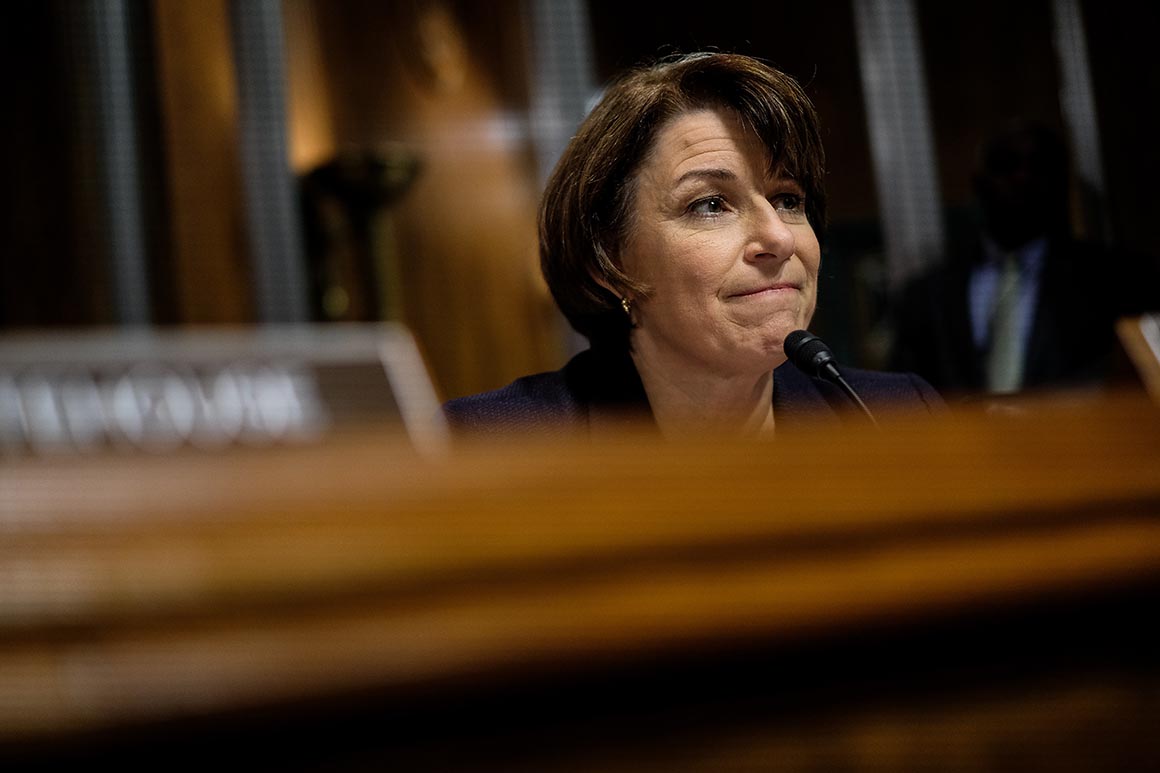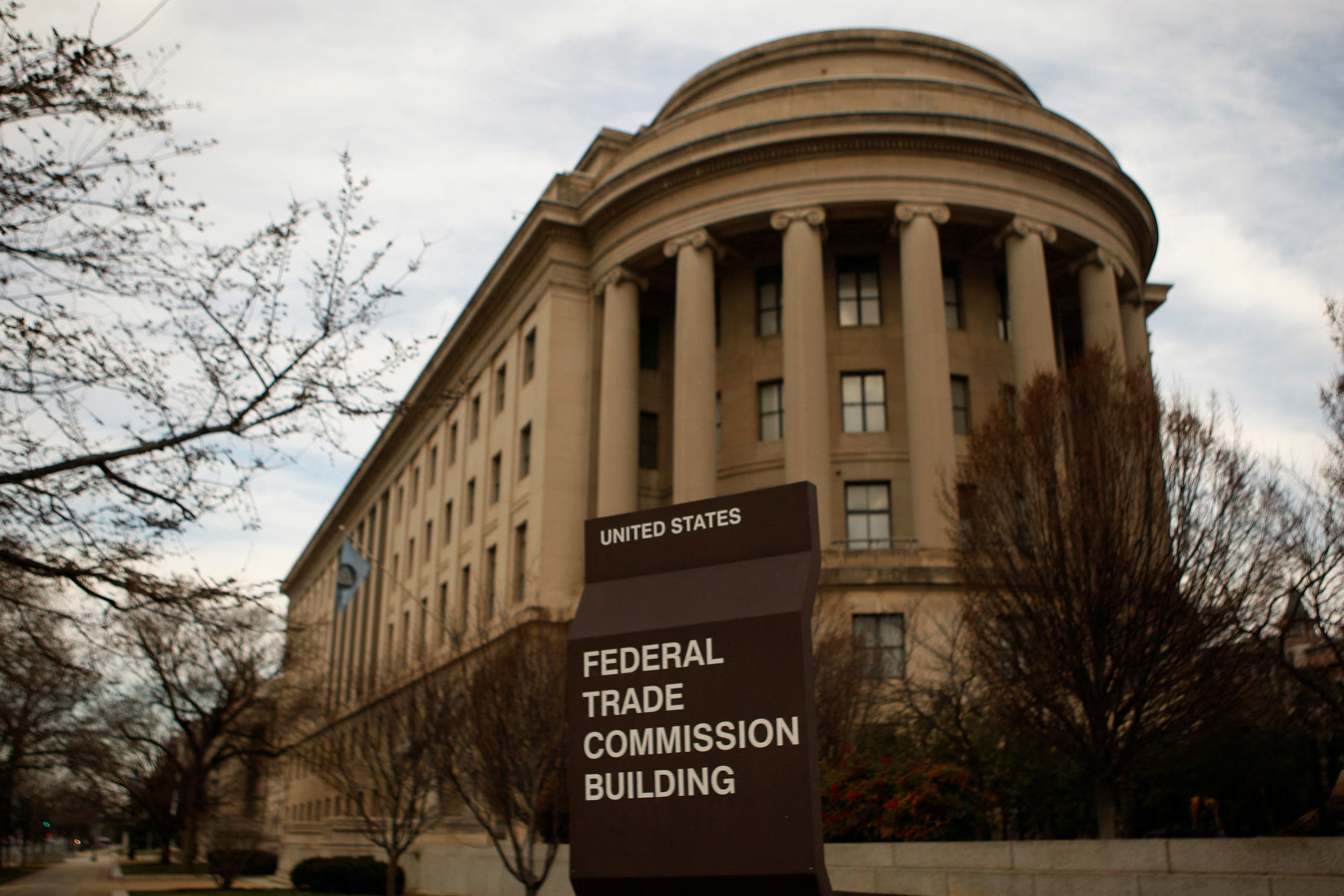In a troubling move that signals a regression in content accountability, YouTube has quietly rolled back key content moderation policies. This decision, reported by the New York Times, poses serious implications for the health of our democracy and the integrity of information shared across platforms. The ongoing struggle against misinformation and hate speech cannot afford such backtracking.
Content Moderation"s Role in Democracy
Content moderation is not just about protecting corporate interests; it is a critical component in safeguarding democratic discourse. As highlighted in a recent study, social media platforms have a profound influence on public opinion and political behavior. With YouTube"s current policy shift, we risk opening the floodgates to unchecked hate and disinformation.
Algorithms and Their Limitations
While algorithms have been the backbone of content moderation, they are not foolproof. The scale of content uploaded daily—500 hours of video every minute, according to reports—presents a daunting challenge. As noted in a 2025 article, the need for human oversight remains crucial, especially in the context of nuanced social issues. Reducing moderation capacity weakens our defenses against the spread of harmful rhetoric, particularly during election cycles.
The Backlash Against Misinformation
Public sentiment is increasingly against allowing social media giants to operate without accountability. Data shows that over half of Americans oppose legal protections for platforms that fail to address misinformation. A 2023 report highlights the growing demand for stricter regulations on content moderation. In a democracy, the responsibility to ensure accurate information is paramount, and the recent policy changes at YouTube threaten that responsibility.
Political Consequences of Loosened Controls
The implications of this rollback extend beyond the digital realm; they seep into the fabric of our electoral process. As we have seen in recent elections, misinformation can sway public opinion and influence voter behavior. The debate over social media regulation has grown heated, with advocates pushing for frameworks that ensure transparency and accountability. Without such measures, platforms like YouTube risk becoming breeding grounds for electoral disinformation.
\n\n
Klobuchar says she was denied Barr meeting before hearing because of ...
The Need for Transparency and Accountability
Transparency in content moderation practices is not just a buzzword; it is a necessity. As stated in a Brookings Institution article, the public deserves to know how content is curated and moderated. The recent decision by YouTube undermines this principle and raises questions about the criteria used for content removal or promotion. If platforms cannot be held accountable, the line between fact and fiction becomes increasingly blurred.
Community Response to Policy Changes
Community advocacy is vital in responding to these changes. Grassroots organizations and activists must mobilize to demand better practices from social media companies. A study on content moderation suggests that public pressure can lead to substantial changes in how platforms operate. By raising our voices and insisting on accountability, we can work towards a media landscape that prioritizes democracy over profit.
Moving Forward with Caution
The rollback of YouTube’s content moderation policies serves as a wake-up call for all of us. As advocates for social justice and democracy, we must remain vigilant and proactive in our demands for accountability from social media platforms. The stakes are too high to allow for complacency in the face of misinformation and hate speech. We must continue to fight for a digital landscape that upholds the principles of equity, justice, and informed discourse.

Exclusive: FTC chairman says COVID is long over, get back to ...

![[Video] Anti-ICE Protester Pepper Sprayed as CBP Agents Disperse Crowd in Minneapolis](/_next/image?url=%2Fapi%2Fimage%2Fthumbnails%2Fthumbnail-1768260677127-y71sb7-thumbnail.jpg&w=3840&q=75)

![[Video] Several injured as U-Haul truck drives through Iranian protestors in Los Angeles](/_next/image?url=%2Fapi%2Fimage%2Fthumbnails%2Fthumbnail-1768176682028-q95y6j-thumbnail.jpg&w=3840&q=75)
![[Video] Scuffle breaks out between Trump supporters and Anti-ICE protesters in Times Square](/_next/image?url=%2Fapi%2Fimage%2Fthumbnails%2Fthumbnail-1768165958203-hgcgb-thumbnail.jpg&w=3840&q=75)


![[Video] Gunfire between Iraqi security forces and Sadr militias in Baghdad](/_next/image?url=%2Fapi%2Fimage%2Fthumbnails%2Fthumbnail-1768343508874-4redb-thumbnail.jpg&w=3840&q=75)
